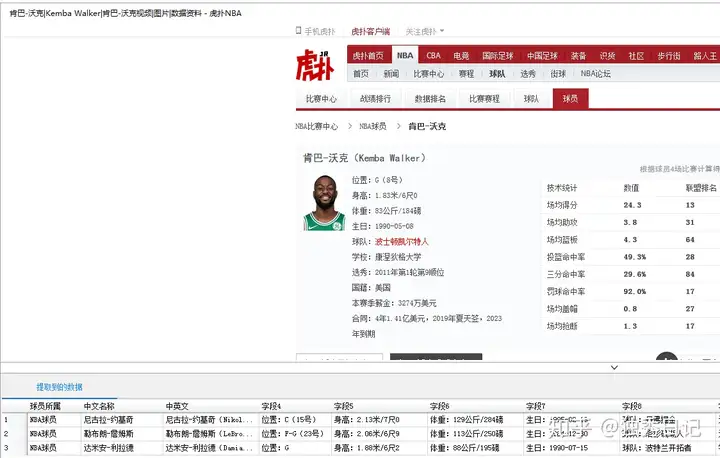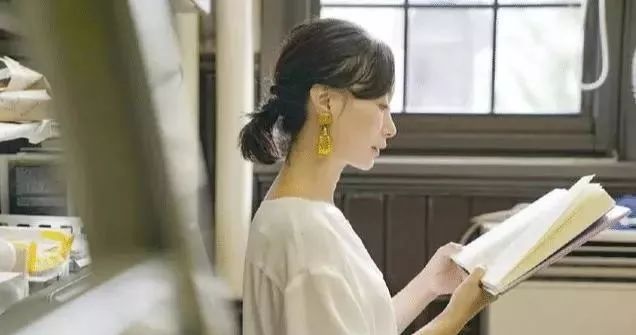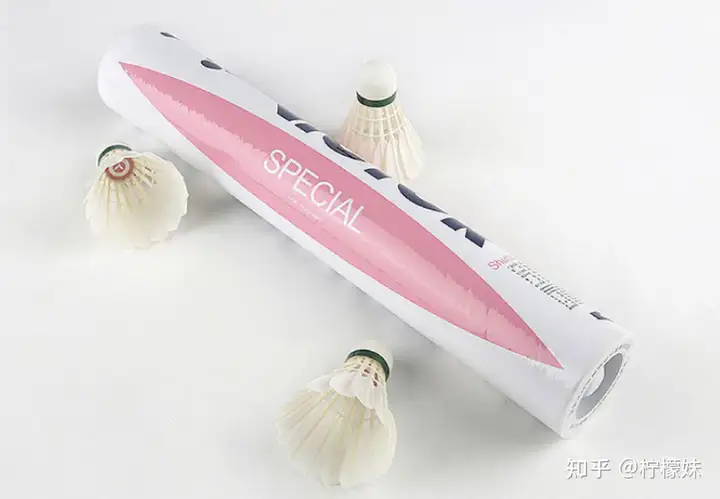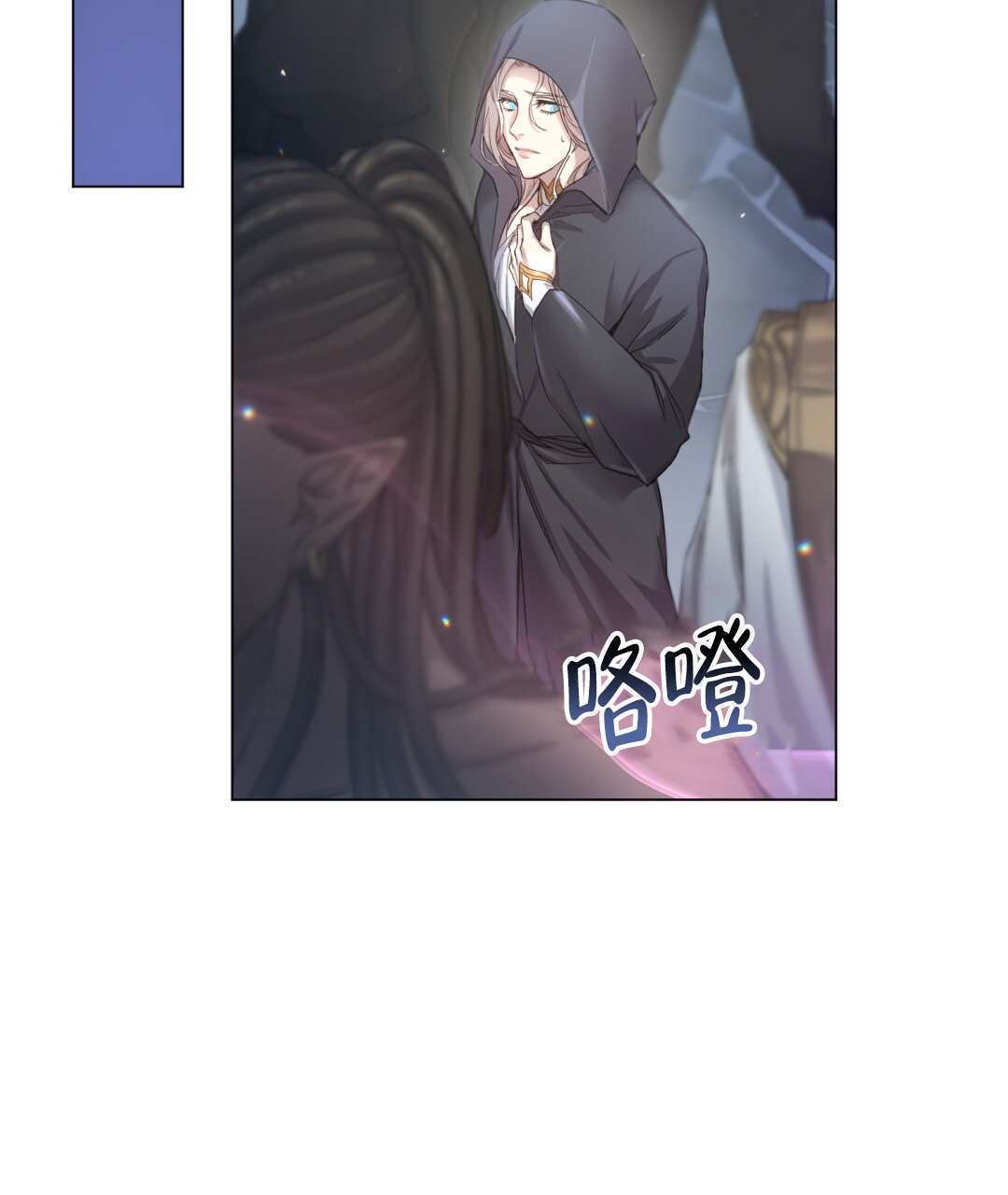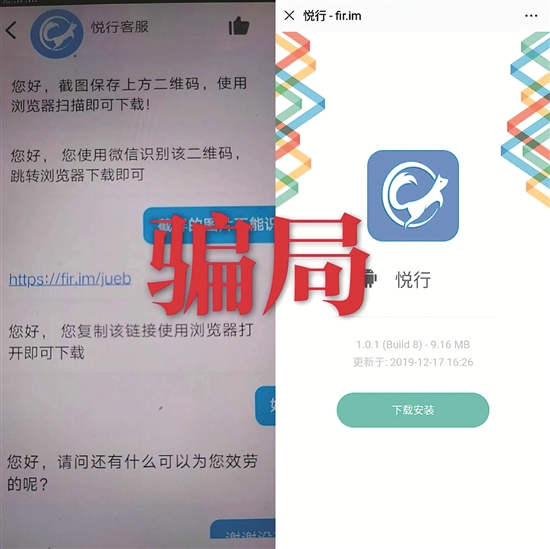外研版初中英语九下4 We must keep the camp clean公开课优质课课件教案视频
Module 4Unit 2 We must keep the camp clean.
【教学目标】
l Knowledge objective
Key vocabulary—tent, fall, hang, sudden, gun, soft, still, wood, blood
Key structures—fall asleep
l Ability objective
To get information about the outside camping.
l Moral objective
To know more about other life rules and protect ourselves better.
【教学重点】
To learn some rules and suggestions in the passage.
【教学难点】
To get information from the article.
【教学方法】
PWP method, task-based method
【教学手段】
A tape recorder, multimedia and some pictures
【教学过程】
Teaching Procedures
Step 1 Lead-in
Look at the pictures and answer the questions.

Are you afraid of bears?

Can bears run very fast in the forest?
Can bears climb the tree?

Can they smell food from far away?
What should we do when we meet a bear?
Step 2 Consolidate new words and expressions
Look and say. The teacher shows the pictures of new words or expressions and let the students to say as quickly as possible.
tent n. 帐篷
fall v. 摔倒
hang v. 悬挂
sudden adj. 突然的
gun n. 枪
soft adj. 软的
still adj. 静止的;不动的
wood n. 树林
blood n. 血;血液
fall asleep 入睡;睡着
Step 3 Pre-reading
Look at the picture and answer the questions.
1. What is the bear doing?
2. What do you think the people in the tent should do?
Step 4 Listening
Listen to Part 2 and answer the questions.
1. What did they feel after walking for about eight hours?
2. Who opened the bag of food?
Keys: They were tired.
The bear.
Step 5 Reading
1. Read the passage and answer the questions.
1) Where do you think is the best place to keep food safe from bears?
2) What was the noise behind the writer?
3) Do you think their camping trip was interesting?
Keys: In a tree.
The baby bear’s mother.
Yes, I do.
2. Read the passage and complete the table.
What happened
What they should or should not do
In the middle of the first night, the writer heard a _____________ outside. And the bag of food ___________.
They should ____________________.
During the second night, the bears came again and ___________ from the tree.
They should _________________ and ________________.
On the fourth day, the writer saw ______________________________
_______________. Then _________ came.
He should not ____________________
_________________________________.
Keys:
What happened:
strange noise was open took the food
if he reach out, he can just touch the baby bear
the baby bear’s mother
What they should or should not do:
hang the food in a tree
keep the camp clean make lots of noise
make any sudden moves or make a sound
3. Complete the passages with the words in the box
blood gun sticks sudden
On the third day of our camping trip, Ben told us that if we saw a bear, we should not make any (1) _______ moves. We did not have a (2) _______ to keep ourselves safe. The next day, I saw a baby bear playing with some (3) ________ and stones.
His mother arrived soon, and I was so afraid that my (4) _______ went cold. I did not move until the bears walked away. Then I ran back to my friends as fast as I could.
Keys: gun sudden sticks blood
Read the passage and fill in the blanks according to the passage.
Step 6 Language points
To learn about the main points in the passage.
1. On the first evening, the three of us were tired after walking for about eight hours.
on the first evening表示“在第一个晚上”,当表示具体某一天的早上、中午或晚上是,要用介词on。
e.g. On the evening of March 5th, he moved his new home.
the用在数词前,表示特指。
the three of us指“我们三个人”。
而three of us则指“我们中的三个人”(我们不只三个人)。
2. We soon fell asleep.
fall asleep表示“入睡,睡着”。
e.g. The girl fell asleep when listening to the soft music.
3. We should hang the food in a tree tonight.
hang表示“悬挂,吊”。它的过去式和过去分词为hung。
e.g. The tiger hung its food in a tree after it was full.
hang on,意为“耐心等待;稍等;别挂电话”,相当于hold on。
e.g. Hang on! She will be back soon.
4. We put up the tent and fell asleep.
put up表示“挂起,张贴”。
e.g. Let’s put up the map at the back of the classroom.
常见的含put的短语有:
put down ①放下;②写下,(用笔等)记下;③镇压,平定。
put off ①推迟,拖延;②使(某人)分心;③关掉;④让(某人)下车。
put on ①穿上;②涂,抹;③开(灯等);④上演,演出;⑤假装。
put up with 容忍,忍受
5. OK, let’s tidy up and move on.
tidy up表示“收拾,整理”。名词作宾语时,既可以放在tidy与up之间,也可以放在tidy up后面;代词作宾语时,只能放在tidy与up之间。
e.g. Tidy up your things, and we will set off soon.
He wants to tidy his desk up.
The bed is a mess. You’d better tidy it up.
6. You mustn’t make any sudden moves or make a sound.
sudden是形容词,表示“突然的,急剧的”。
e.g. The driver made a sudden turning to avoid to run into the rider.
7. Suddenly, I saw a baby bear playing with some sticks and stones.
see sb. doing sth. 表示“看到某人正在做某事或某事正在发生”。
e.g. I saw him crossing the road.
8. If I reach out, I can just touch him.
reach out表示“伸出(手臂)”。
e.g. The monkey reached out a hand for the banana.
【常见搭配】
reach for 伸手拿
beyond the reach of 无法得到/理解
out of (the) reach (of) 无法拿到/联系上/抓到
9. I stood very still.
still是形容词,表示“静止的,不动的”。还是副词,表示“还,仍然”。
e.g. The dragonfly was still on the lake.
10. For the next ten days, every time there was a sudden noise, my blood went cold.
every time在句中引导时间状语从句,表示“每次……, 每当……”。
其它类似的有: the moment, next time, last time等。
e.g. Be sure to visit the museum, next time you come to our city.
Step 7 Writing
1. Think of an area of countryside nearby. Answer the questions and make notes. You can use reference books or the internet to help you.
Where is it?
Why do people go there?
Are there any dangers from animals?
How can we protect ourselves?
What should we do to look after the place?
2. Write sentences with the notes you have made in Activity 5.
• Say where it is.
Lushan National Park is in Jiangxi Province.
• Say why people go there.
People go there to see the mountains and streams.
• Say if there are any dangers from animals.
The fish and birds there are not dangerous, but there are some snakes.
• Say how we can protect ourselves.
We mustn’t walk in the grass.
• Say what we should do to look after the place.
We should allow only 1,000 people to visit it each day.
3. Write a passage called Look after the countryside and yourself. Use the sentences you have written in Activity 6 to help you.
Step 8 Summary
Let Ss talk about what they have learnt in class.
重点短语
fall asleep in the middle of
put up tidy up
see sb. doing sth. reach out
stand still every time
Step 9 Exercises
Let the students practice the main points in Unit 2.
1. The student felt so tired that he ____ in class.
A. fall asleep B. fell asleep C. fall a sleep D. fell sleep
2. ______, a rabbit ran out from the wood.
A. Suddenly B. Sudden C. Still
3. I saw the boy _____ the old woman with the housework just now.
A. help B. helping C. to help D. is helping
4. The young man will buy some gifts for his wife ______ he comes back from abroad.
A. every day B. every time C. every place
Keys: BABB
Step 10 Homework
If your classmates want to go swimming, please give some suggestions about safety.
Unit 3 Language in use
【教学目标】
l Knowledge objective
Get the students to be able to use the key vocabulary and new words they learn in this unit
l Ability objective
To summarize and consolidate the model verbs.
l Moral objective
To be glad to listen to others’ experiences and give others some rules and suggestions.
【教学重点】
Model verbs.
【教学难点】
The use of the model verbs.
【教学方法】
PWP method, task-based method
【教学手段】
A tape recorder, multimedia and some pictures
【教学过程】
Teaching Procedures:
Step 1 Warming up
Let Ss look at the pictures, then answer the questions.

Must we obey the traffic rules?

Must we obey the school rules?

What do you think of their behaviors?

Have you ever made such kind of paper by hand?
Step 2 Language practice
Let Ss pay attention to the following sentences.
1. You must be careful of falling stones.
2. You mustn’t walk too close to the edge of the hill path because you might fall and hurt yourselves.
3. You should always wear proper clothes.
4. Bears might think our rubbish is food.
5. — Can we go rock climbing? —No, you can’t.
Step 3 Practice for Ss
Match the signs with the rules and warnings.


1. No smoking.
2. No eating or drinking.
3. Children crossing.
4. Danger! Be careful of falling rocs.
5. Children should be taken care of by parents.
6. Do not drink and drive.
Keys: c, b, d, e, f, a
Step 4 Grammar: 情态动词
1. 表示能力
表示一个人能做某事时,常用can或could表达。
e.g. As soon as Mike could read, he read books about robots.
My five-year-old daughter can draw a beautiful picture in five minutes.
2. 表示可能性
如果要表达“可能,可能性”,可以用may/ might或 can/ could.
e.g. Jane may be at home.
I might talk to him.
You can go to Beijing by train.
3. 表示许可或征求对方许可
如果表达允许某人做某事,或征求对方的许可,可以用can / could / may / might。
e.g. You can / may start your work now.
Could / May I come a little later tomorrow? I don’t feel myself.
4. 表示请求对方做某事
如果要请求对方做某事,可以用下列表达方式:
Will / Would / Could you (please) …?
Would you mind …?
e.g. Would you please help me with this suitcase?
Would you mind turning down the music?
5. 表示建议和邀请
表建议和邀请可用下列表达方式:
Would you like (to) …? Shall we …?
e.g. Would you like to play basketball?
Shall we go?
6. 表示意愿
表示想做某事可以用would like/ love to …
e.g. I’d like to be a scientist.
7. 表示应该、义务
表示应该、义务等时常用should, ought to, must.
e.g. You should talk to your parents.
I ought to train more to improve my skill.
8. 表示命令、禁止、不得不
表示这类含义时,一般用must, mustn’t, have to等。
e.g. You must study maths to be an engineer.
You mustn’t tell it to anyone.
You have to come early tomorrow.
9. 表示没必要做某事
表示没必要做某事时,常用needn’t, don’t have to 等。
e.g. You don’t have to worry about money. I can lend you some in time of need.
Step 5 Read and write
Ask Ss to read the lists of rules and write sentences using must, mustn’t, should or shouldn’t.
London Indoor Climbing Centre
Visitors please note:
Dos
• Check in at the main gate when you come to the center.
• Climb with someone.
• Wear a hard hat at all times.
• Wear the correct climbing shoes.
• Wear comfortable clothes.
Don’ts
• Don’t climb without a rope.
• Don’t eat or drink anywhere except in the restaurant.
• Don’t listen to personal music players while climbing.
• Don’t talk on a mobile phone while climbing.
Keys: You must check in at the main gate when you come to the center.
You must climb with someone.
You must wear a hard hat at all times.
You must wear the correct climbing shoes.
You should wear comfortable clothes.
You mustn’t climb without a rope.
You mustn’t eat or drink anywhere except in the restaurant.
You shouldn’t listen to personal music players while climbing.
You mustn’t talk on a mobile phone while climbing.
Step 6 Talking
Ask Ss to explain why the rules in Activity 2 are important in pairs.
—Why must you check in when you come to the centre?
—Because they want to know who is there.
1. Why must you climb with someone?
2. Why must you wear comfortable clothes?
3. Why mustn’t you climb without a rope?
4. Why shouldn’t you listen to music while climbing?
Step 7 Complete the passage with the correct form of the words in the box
1. Let Ss read the passage carefully.
2. Choose the right words in the box to fill in the blanks.
although keep stream tourist worry
People are very (1) _______ about the conditions of the ancient forests of Canada and want to save them. Many visitors to the forests use knives to cut their names into the trees, some of which are hundreds of years old. (2) ________ there are litter bins, people still throw rubbish into the (3) ______ and this causes plants and fish to die.
People from local villages have helped clean up the forests. We hope (4) _______ will play their part in (5) _______ Canada’s forests clean too!
Keys: worried, Although, stream, tourists, keeping
Step 8 Writing
Ask Ss to give possible rules for visitors to the forests according to what you have learnt.\
1. You should _______________________.
2. You shouldn’t _____________________.
3. You must _________________________.
4. You mustn’t ______________________.
Step 9 Complete the sentences with the words in the box
gun, smooth, sticks, stone sudden, tent, whenever
1. Come and visit me _________ you have time.
2. The wall is made of ______.
3. The path to the top is not very _______.
4. Remember to take a ____ with you to sleep, because it might rain.
5. He lifted up the _____ and pointed it at the bear.
6. There was a ______ noise in the woods and we all stopped moving.
7. Birds use small ______ and leaves to make a home.
Keys: whenever, sticks, smooth, tent, gun, sudden, stones
Step 10 Listening
Let Ss listen to Part 6 and answer the questions.
1. Is Zhang Wenpeng’s school a green one?
2. What should we do when we leave a room?
Keys: 1. Yes, it is.
2. We should turn off the light.
Step 11 Reading
Ask Ss to read the passage and answer the questions
1. What does Zhang Wenpeng try say with his drawing?
2. What does Zhou Zhiyun try to say with his painting?
3. What does the school suggest the students should do?
4. How can a school become a “green school”?
Keys: People must wake up to the fact that pollution is causing damage to the progress we’ve made.
People must not waste electricity.
The students should pass on what they have learnt in school to their parents and neighbors.
A school must include education about the environment as part of the timetable.
Step 12 Listening
Let Ss listen and complete the sentences.
1. The first thing you have to do is to _____ carefully.
2. Think about where ______ and whether there are ____________.
3. You should only take marked ____________.
4. Make sure you know where __________ for lunch.
5. Don’t forget to tell people to ________ for the picnic.
6. Don’t walk when it is ________ or in _______.
7. You must not try out a ________ with a group.
Keys: 1. plan the work 2. you are going to work, clearly marked paths 3. paths 4. you can stop 5. bring food 6. too hot, very bad weather 7. new work
Step 13 Around the world
Learn about ecotourism.
Ecotourism
Ecotourism is also known as “responsible tourism”. It means you visit places without damaging the environment. Many countries around the world have started ecotourism holidays and trips. Tourists help the local communities look after their natural environment. Here are some rules of ecotourism.
Dos
• Take rubbish away with you.
• Walk on paths or roads.
• Take photos but nothing else.
Don’ts
• Don’t pick flowers or damage trees.
• Don’t pollute rivers or streams.
• Don’t make open fires in the forests.
Step 14 Writing
1. Discuss and give advice for visitors to China in pairs and talk about the following:
visiting someone’s home
eating and drinking
travelling on public transport
behaving politely in public
visiting tourist sights
2. Ask Ss to write their advice.
3. Ask Ss to work in groups and compare their advice, and then choose the five most useful pieces of advice for visitors to China.
Step 15 Exercises
Do some exercises and draw the answers from the Ss.
1. —Must I hand in my homework now, Mr. Smith?
—No, you _______.
A. can’t B. shouldn’t C. wouldn’t D. needn’t
2. —Excuse me, may I keep the book a little longer?
—Sorry. You ________ return it today.
A. must B. mustn’t C. can D. can’t
3. —Is the man over there Mr. Brown?
—It ____ him. He has gone to Brazil.
A. may not B. can’t be C. shouldn’t D. mustn’t
4. Children ____ sit in the front seat of a car. It’s too dangerous.
A. need B. needn’t C. must D. mustn’t
Keys: D, A, B, D
Step 16 中考链接
Ask Ss to do some exercises from the entrance exam to senior high schools.
1. —Must I water the flowers now, mum?
—No, you ____. You ____ do it later. 【2014铜仁】
A. mustn’t; must B. mustn’t; ma y C. needn’t; may D. needn’t; must
2. —____ I know by what time you want the project to be done?
—By the day after tomorrow. ____ you finish it on time? 【2014连云港】
A. May; Can B. Must; Need C. Could; Must D. Need; Would
3. —Who’s singing in the garden?
—It _____ be Mr. Brown. He always practices singing at this time.
【2014长沙】
A. must B. can’t C. need
4. I _____ follow you. Would you please repeat it? 【2014河北】
A. can’t B. mustn’t C. needn’t D. shouldn’t
Keys: C, A, A, A
Step 17 Homework
制作一个海报,宣传环保学校的做法。


